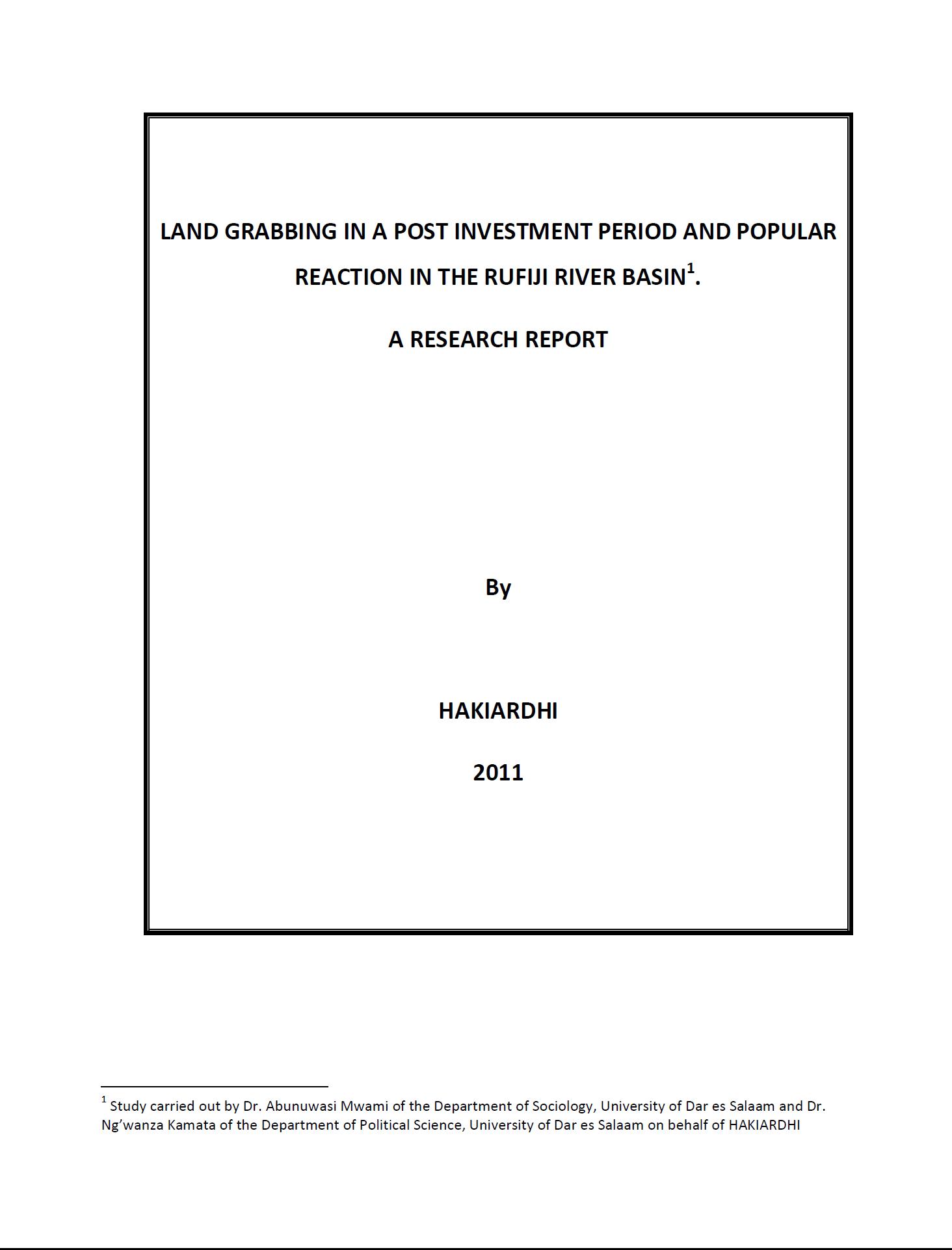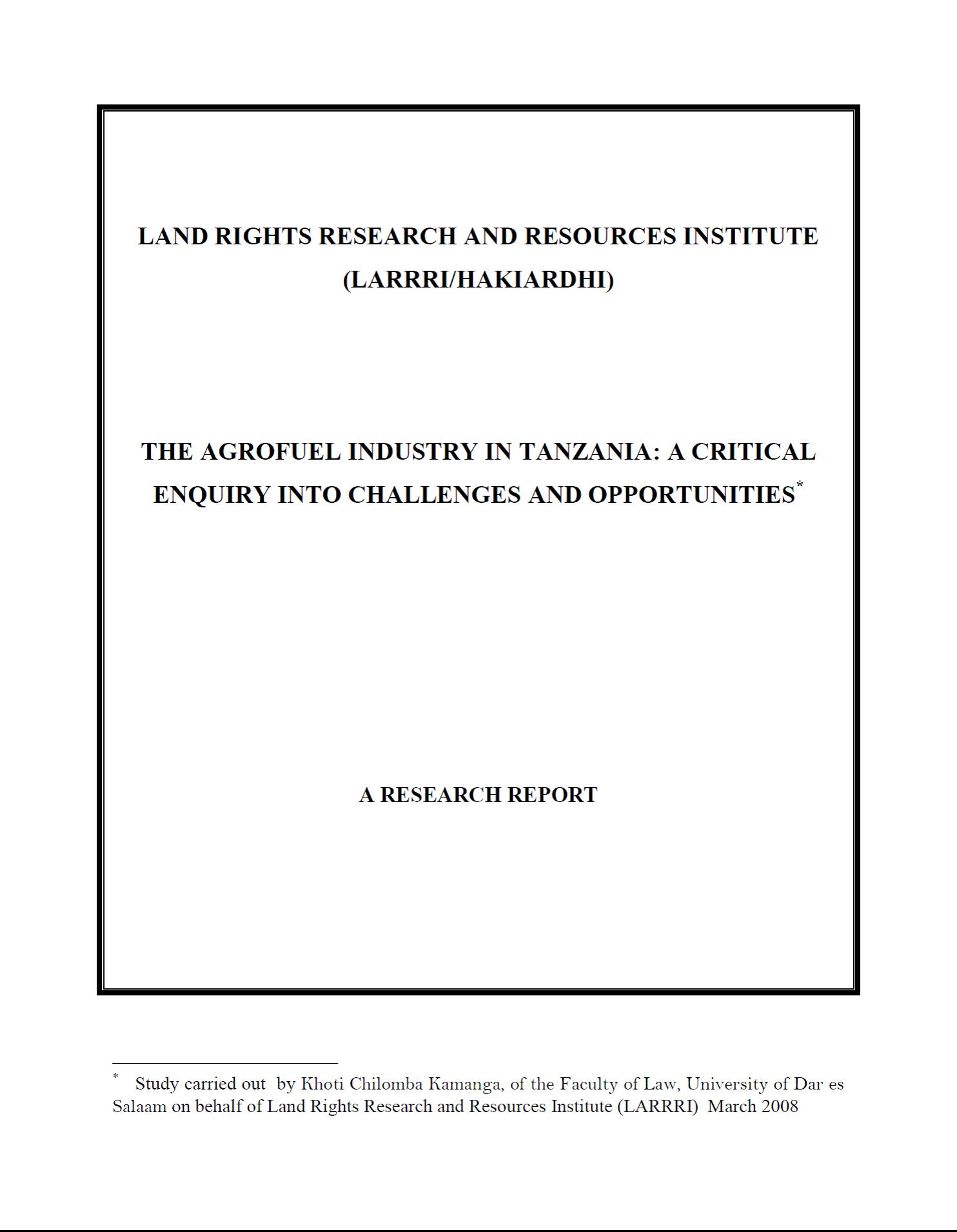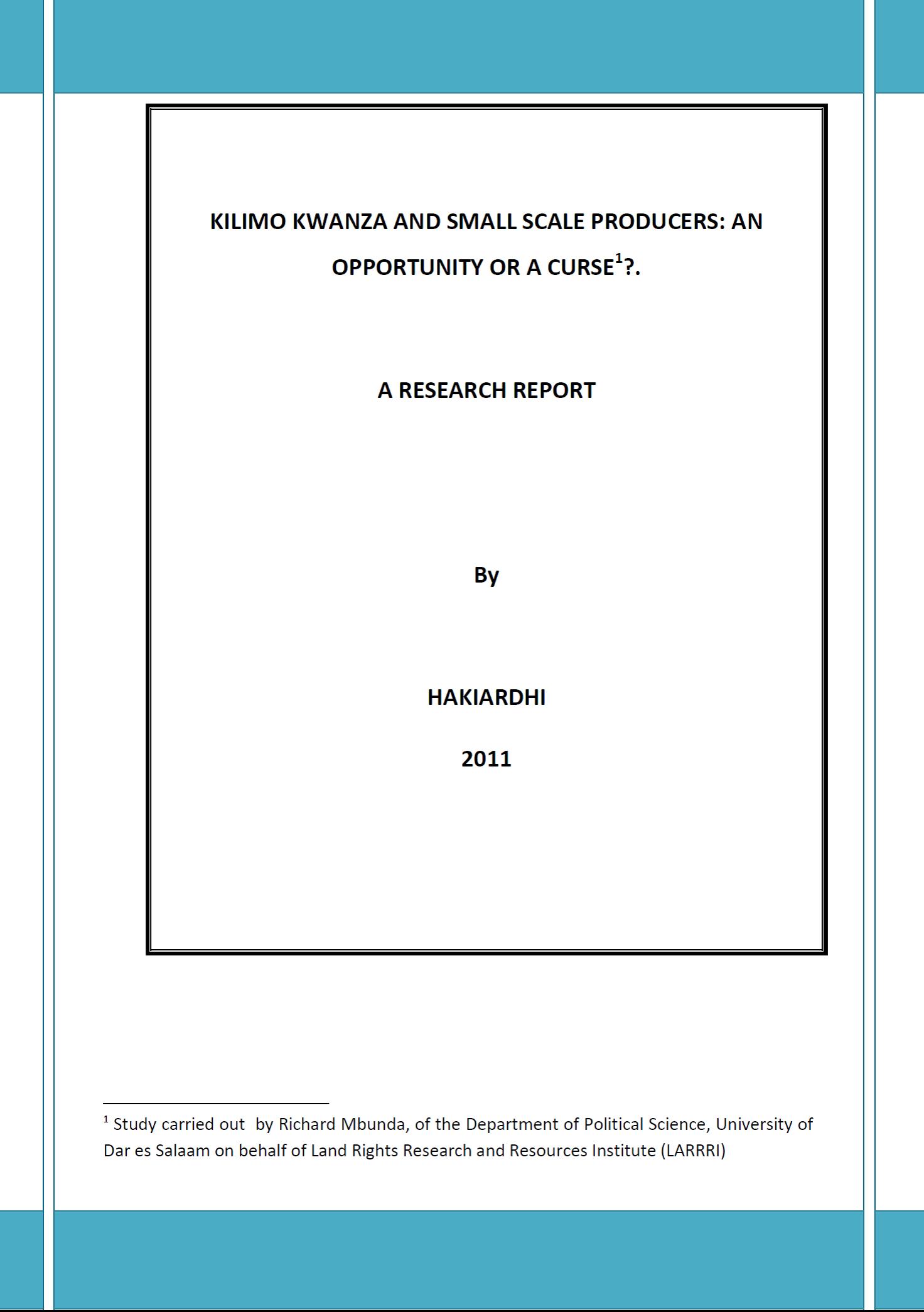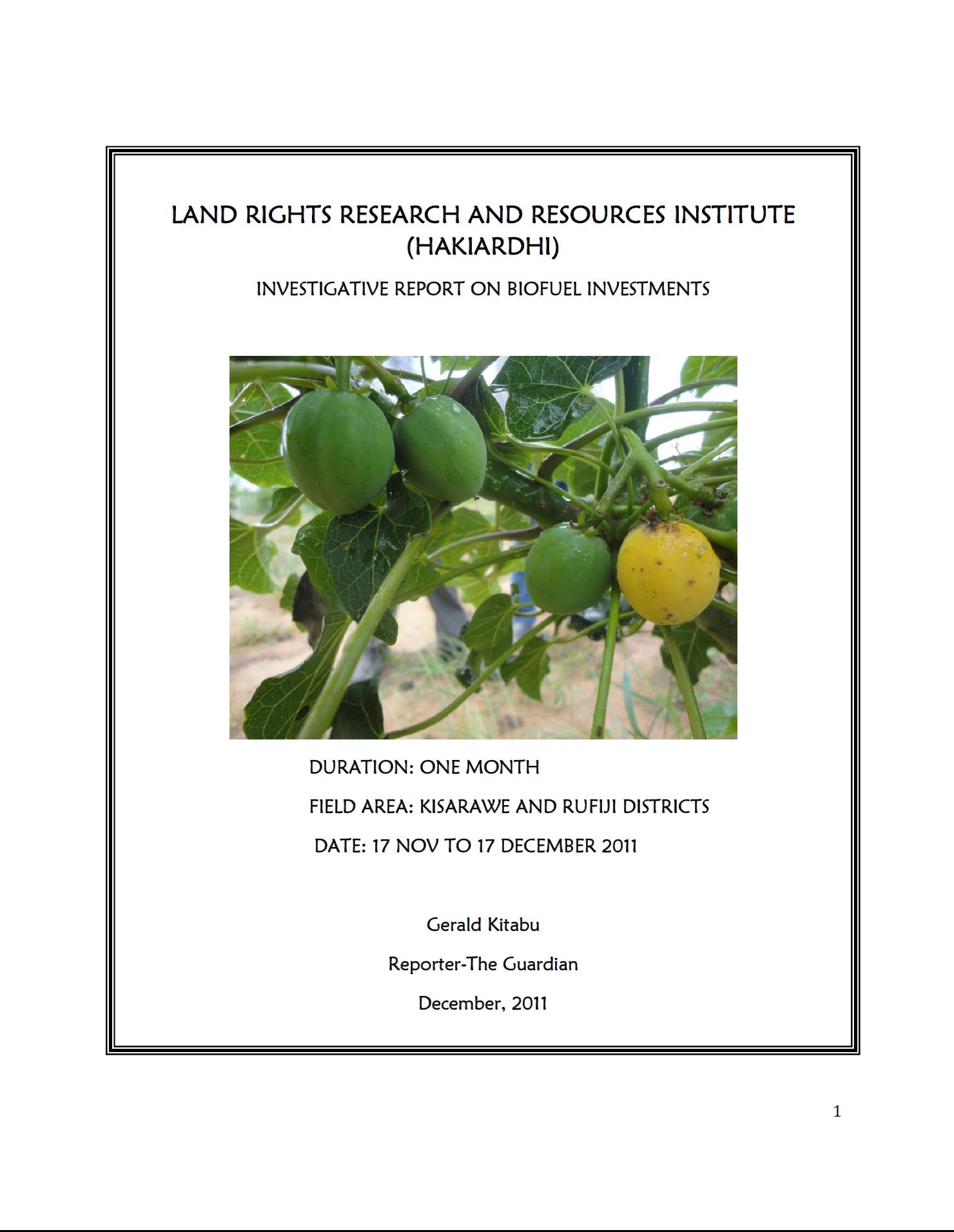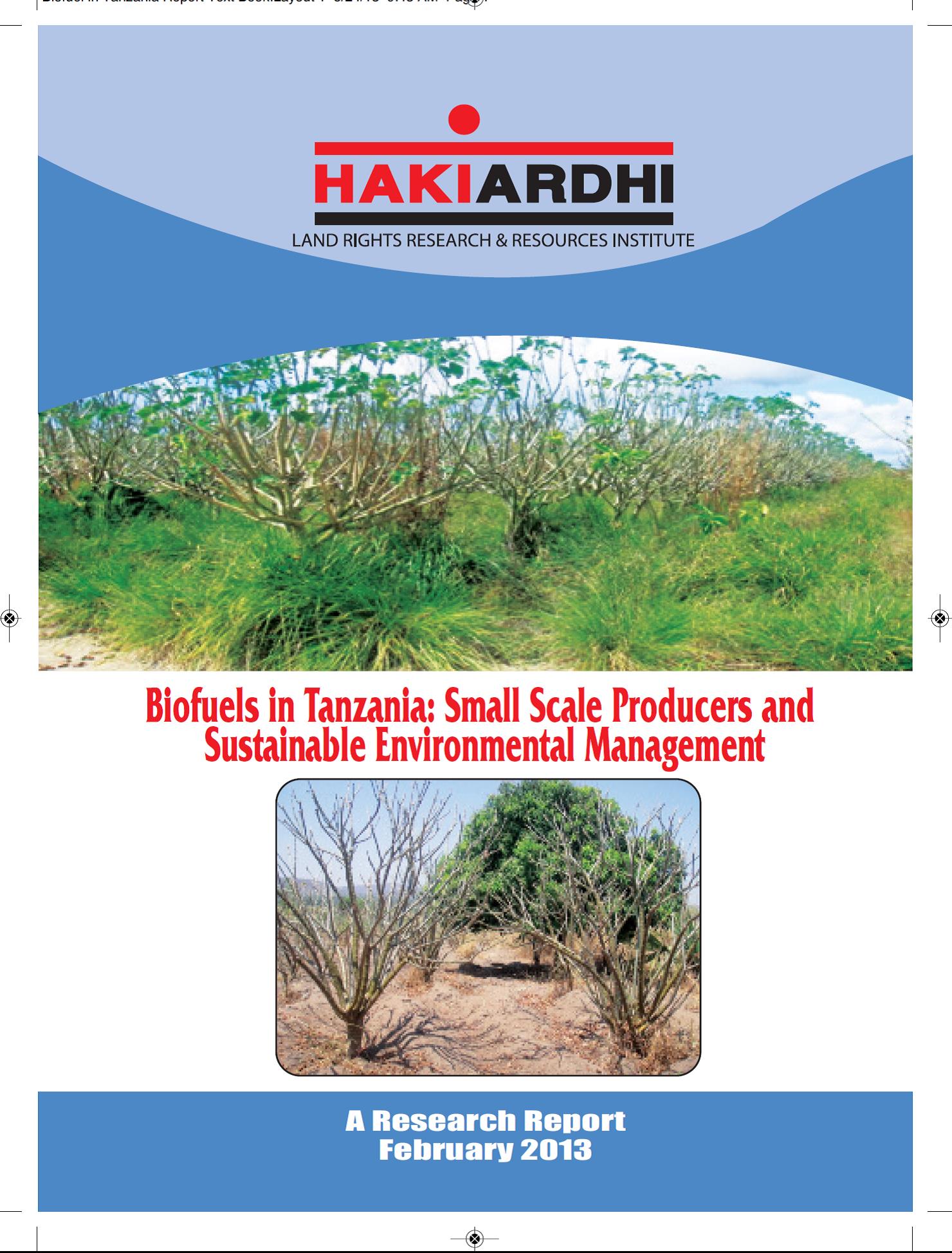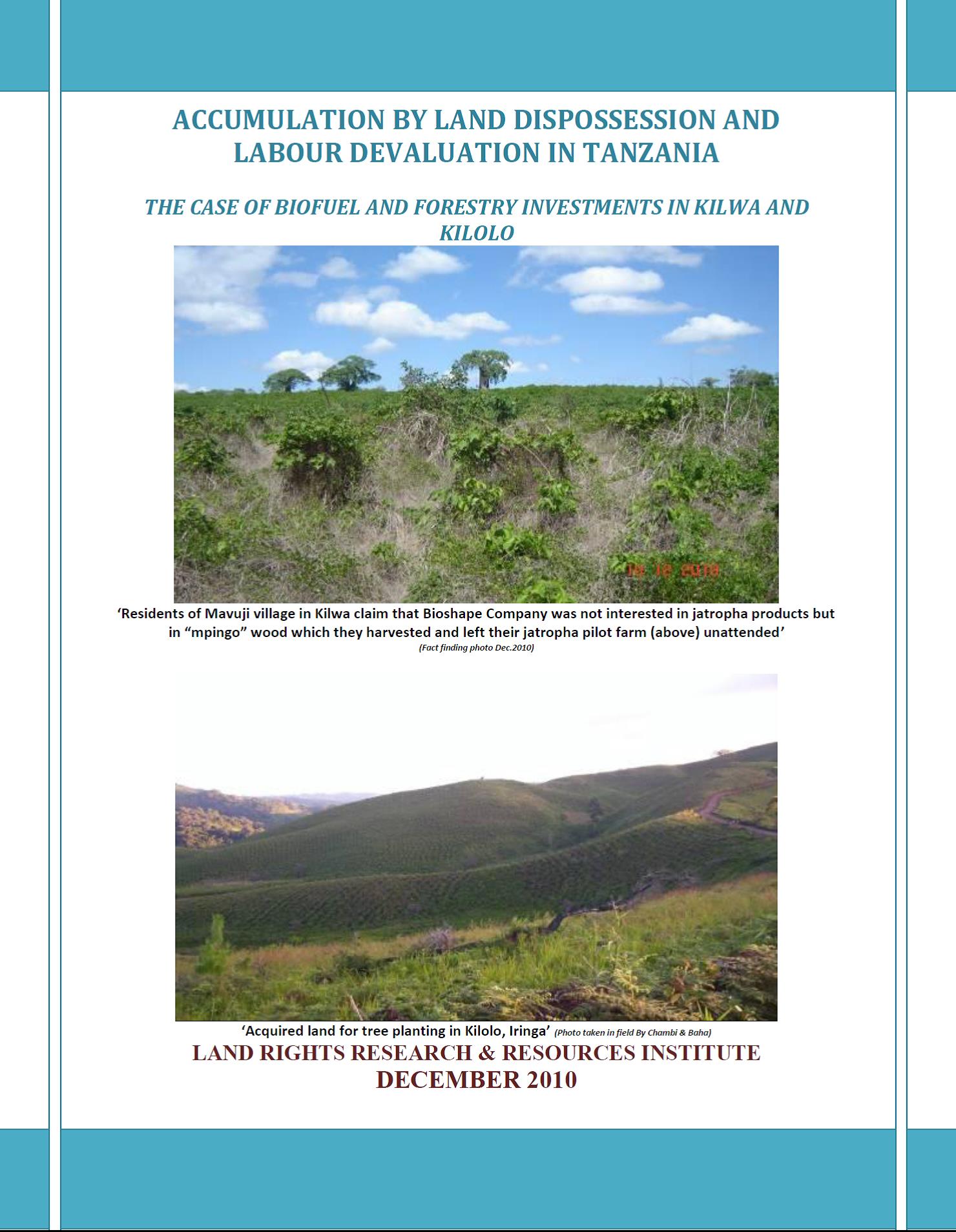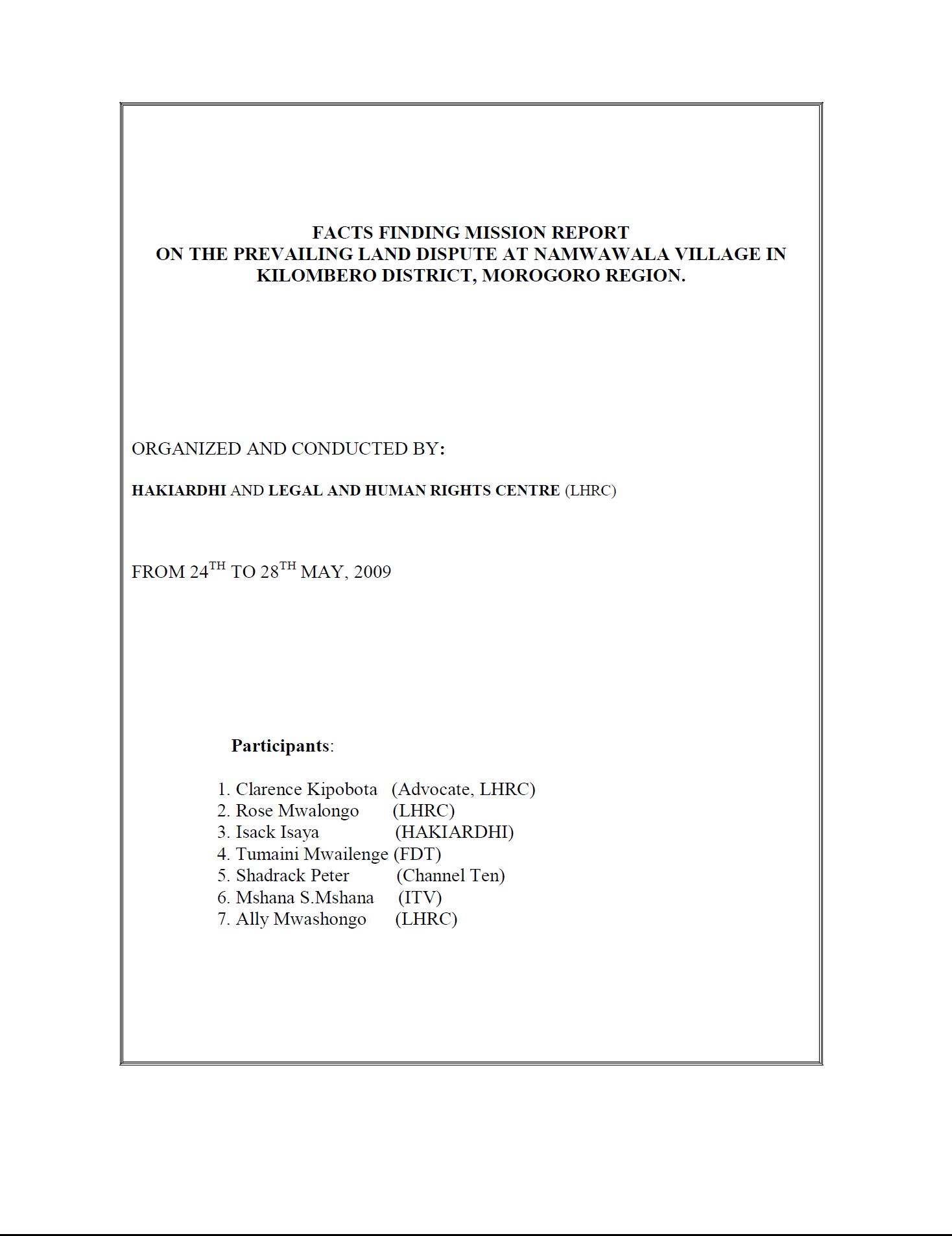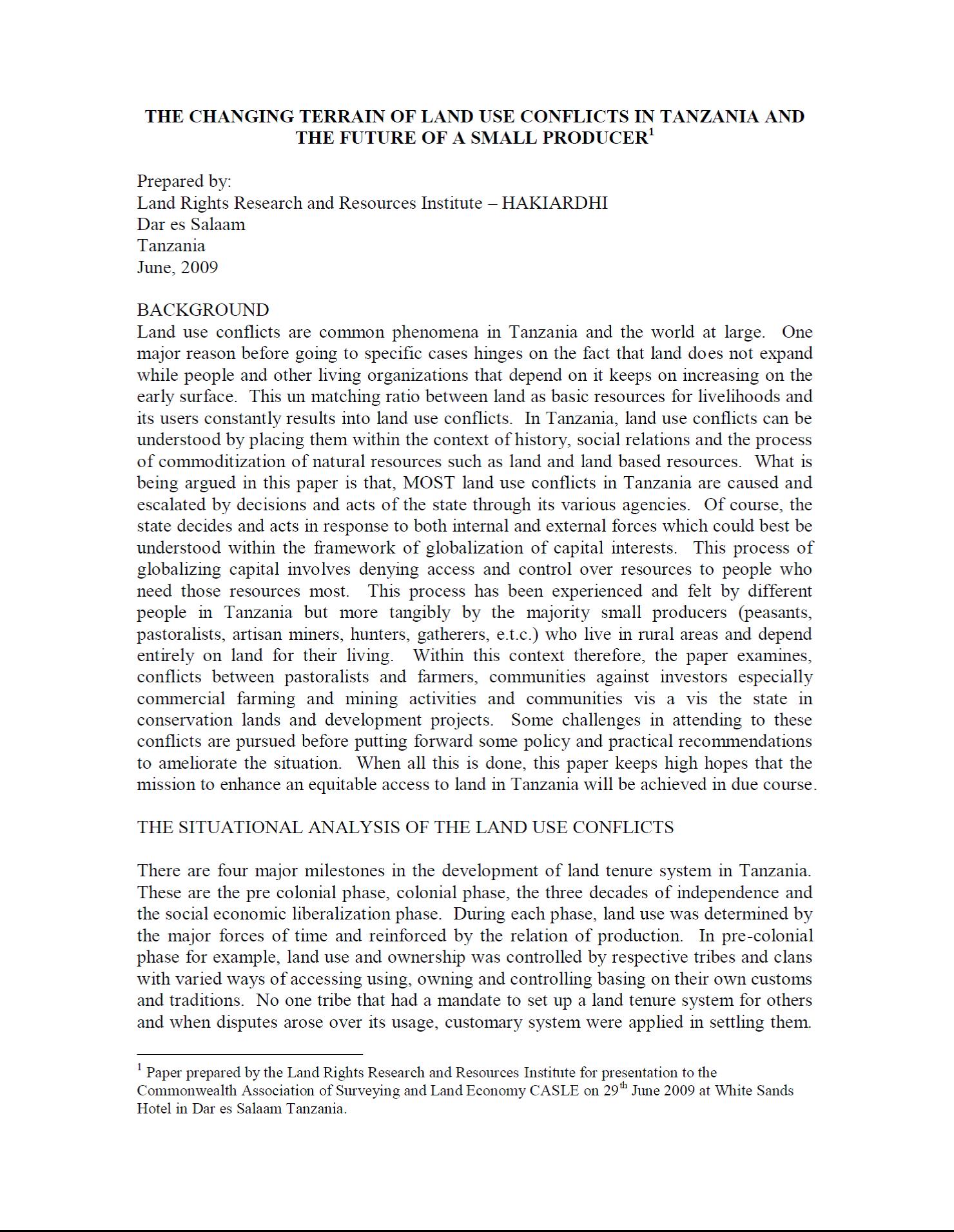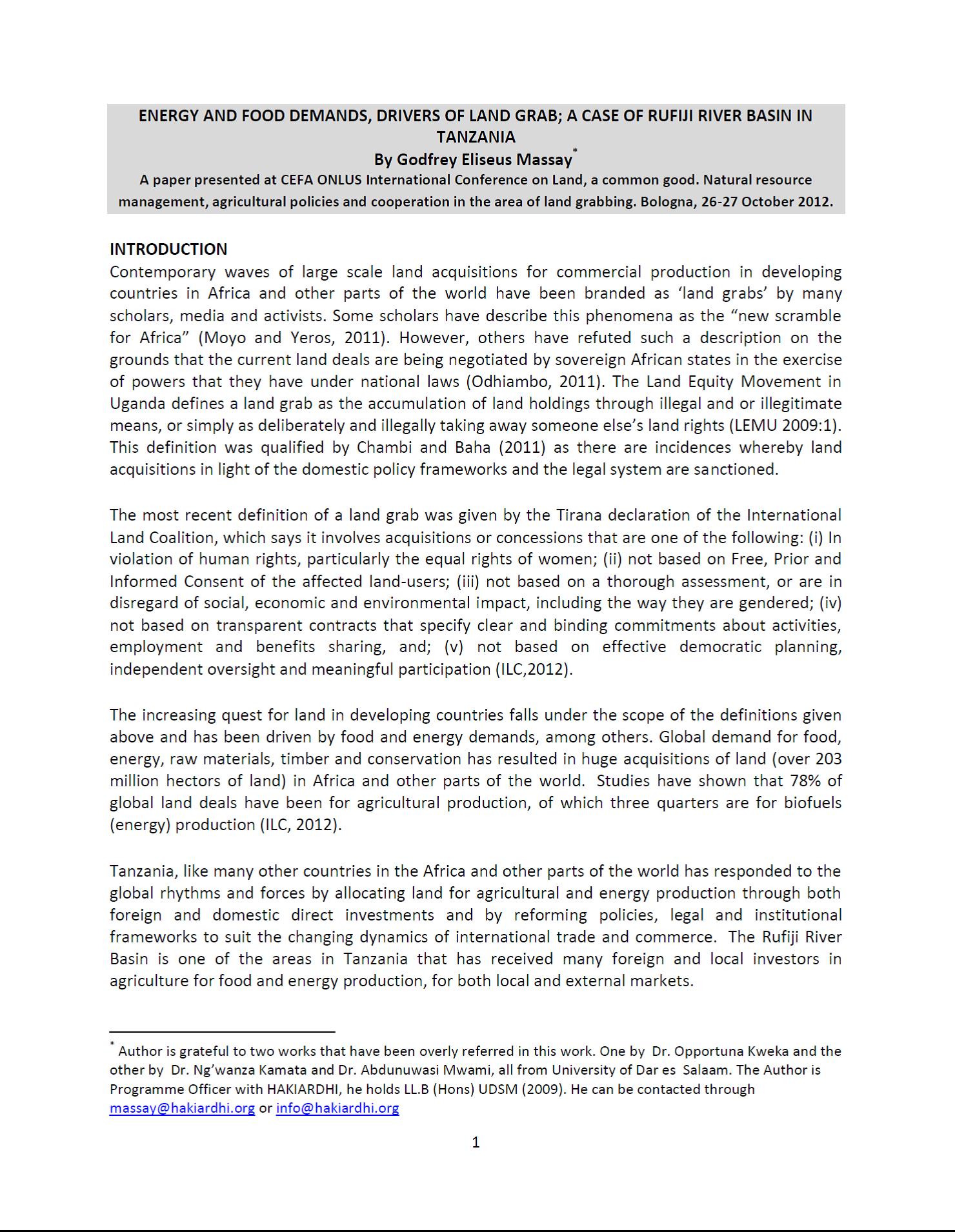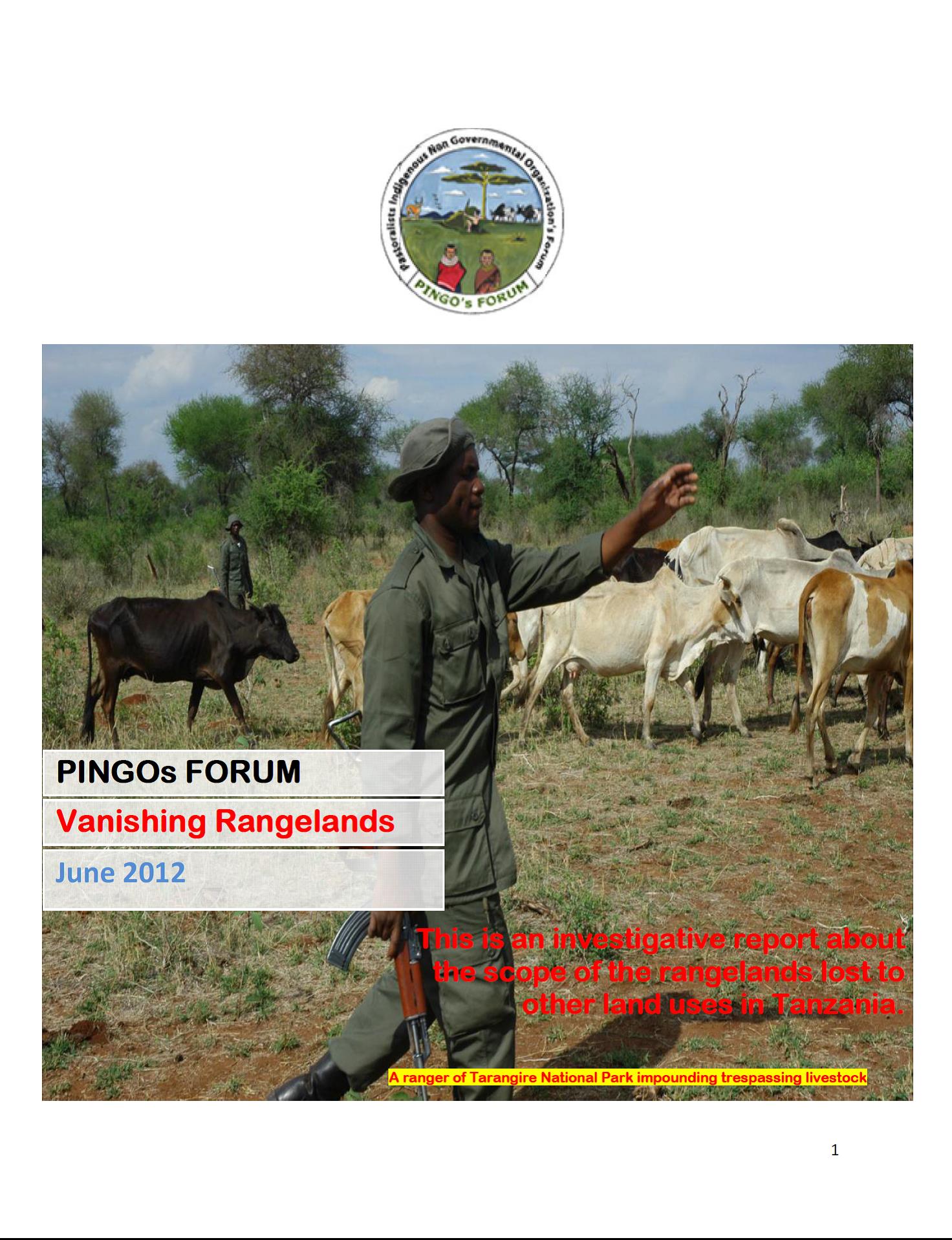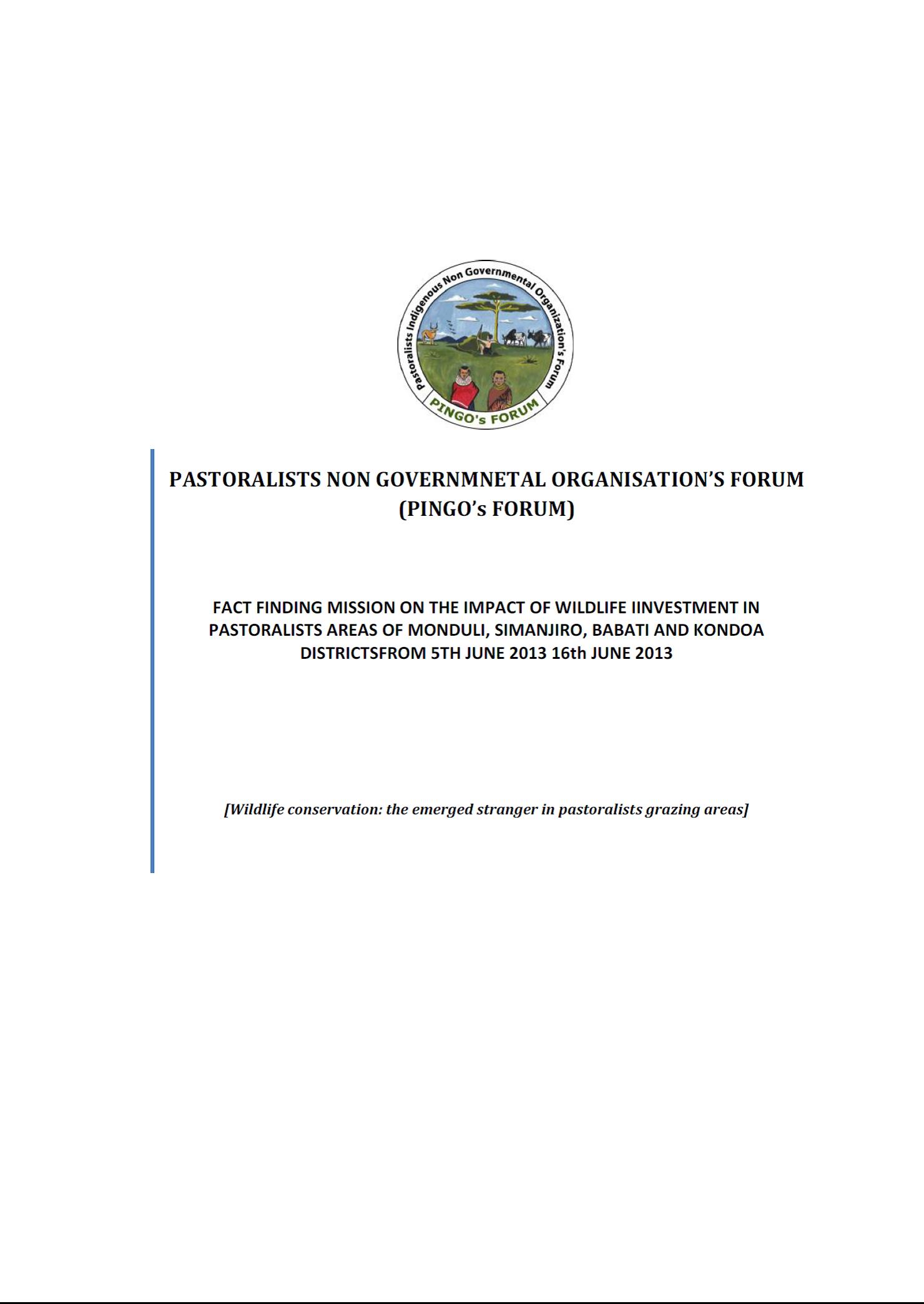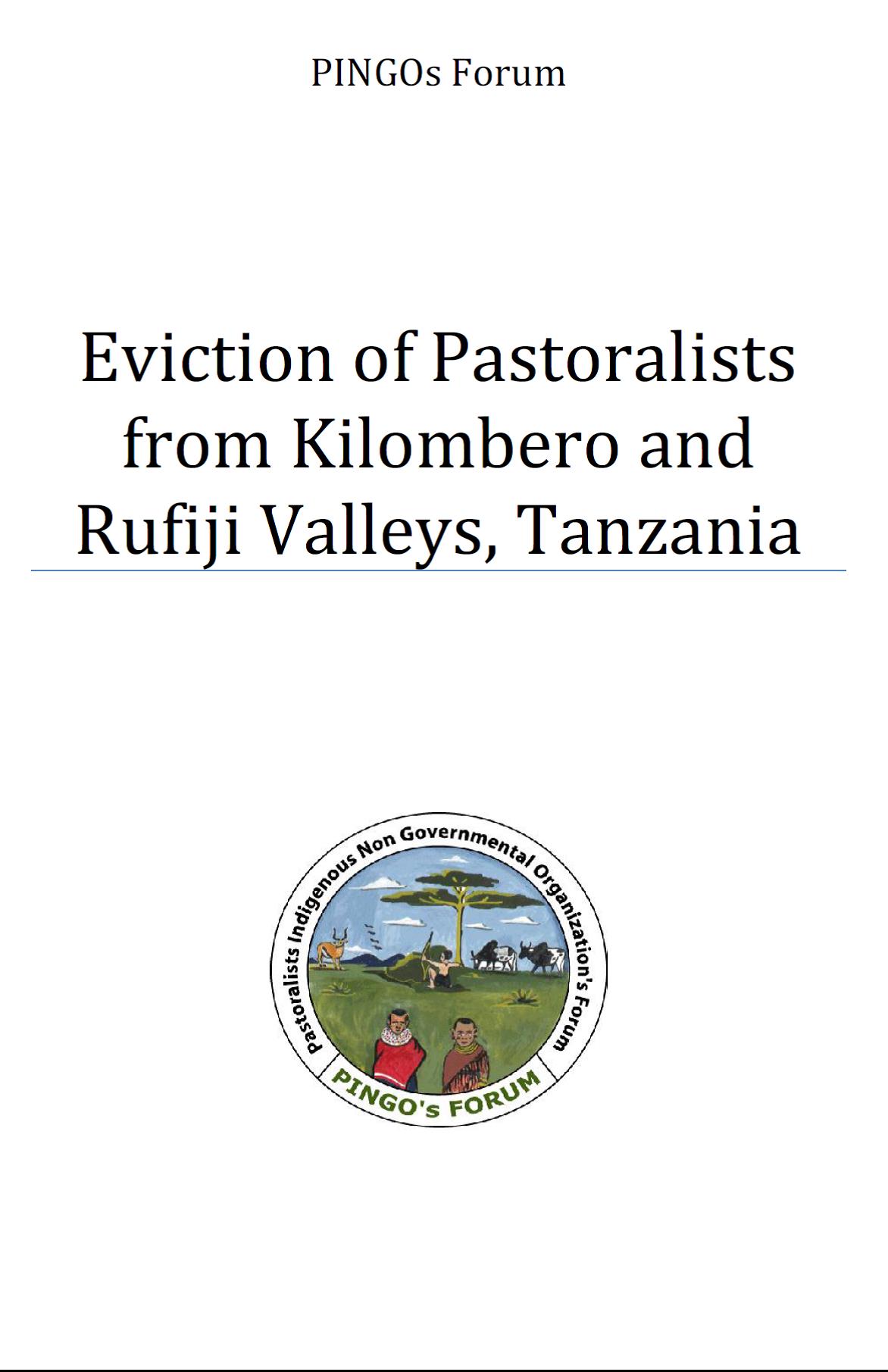Land Grabbing in a Post Investment Period and Popular Reaction in the Rufiji River Basin
What has been the reaction of the rural producers and other land holders over these demands and actual land acquisitions? What does their reactions means in relation to ongoing land grabbing? While these questions are important this study was motivated by two major concerns.

